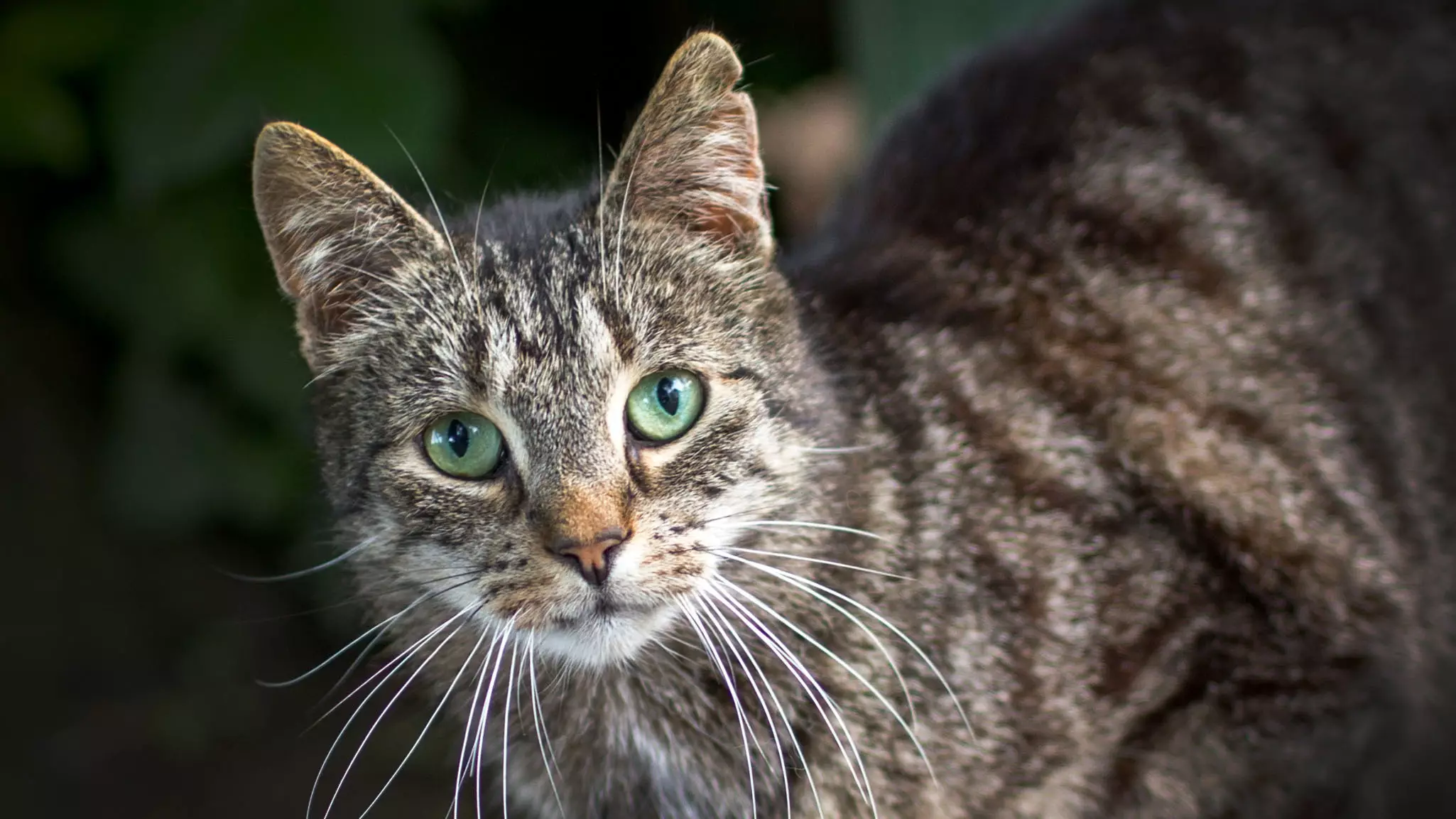
If you're an animal lover who suffers from allergies - a cruel twist of fate if ever there was one - then pin your ears back for this announcement, because your prayers could be about to be answered.
Scientists have developed a vaccine that could put an end to the cat allergies that affect one out of every ten people.
Yep, if you start sneezing and itching every time you're around the houses of your feline-friendly friends, your days of pain and suffering could be about to end.
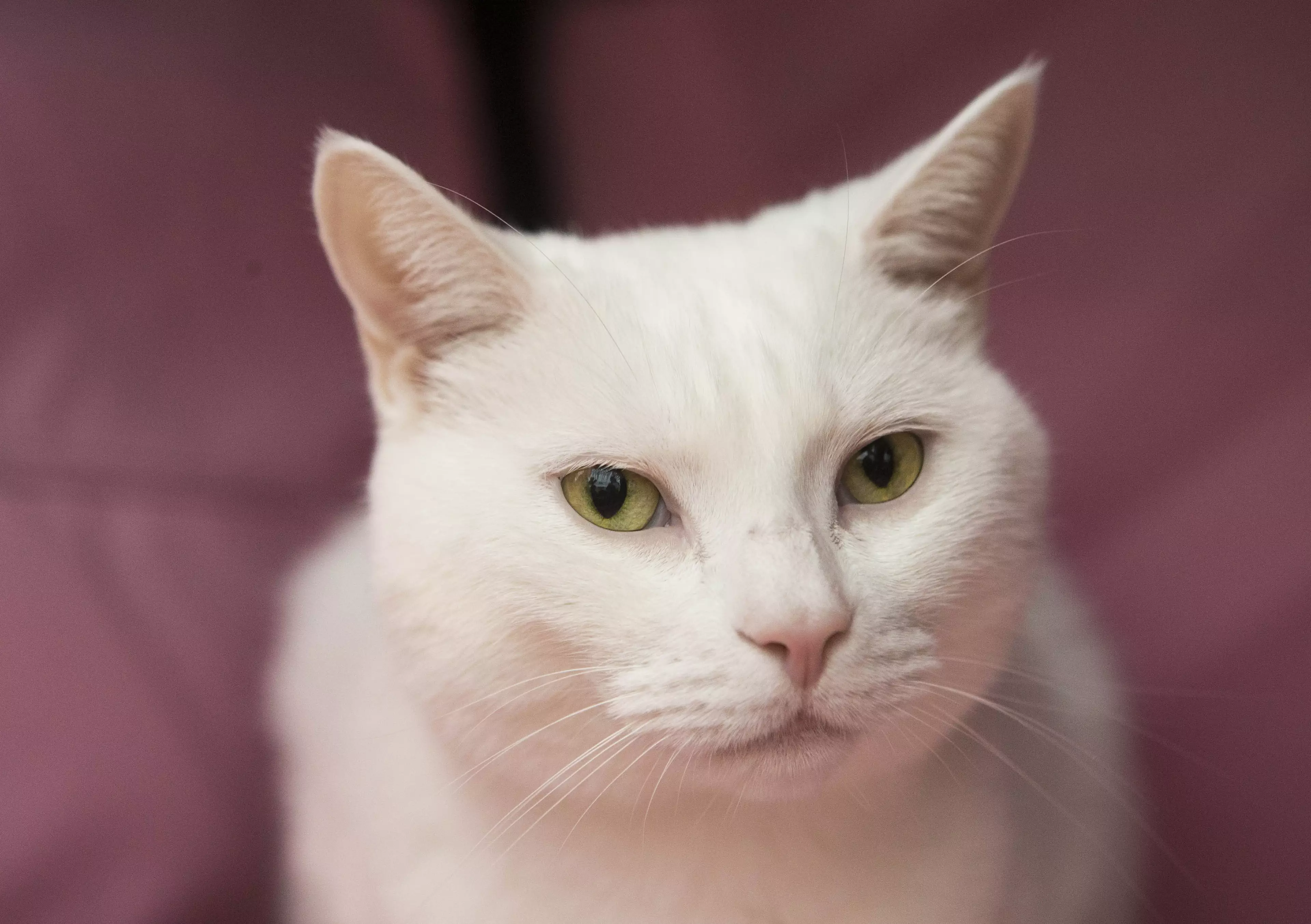
Oh, and in case you're petrified of needles too, don't worry! It's the cat that gets the jab, not you!
Here's the science behind it.
If you're allergic to cats, you are actually allergic to a type of protein called Fel-d1, which is found in the fur of the animal.
That protein then gets itself attached onto the cat's dander, which is a fancy word for bits of dry skin that they leave behind them on things.
Mmm, aren't you glad you know that now, cat owners?
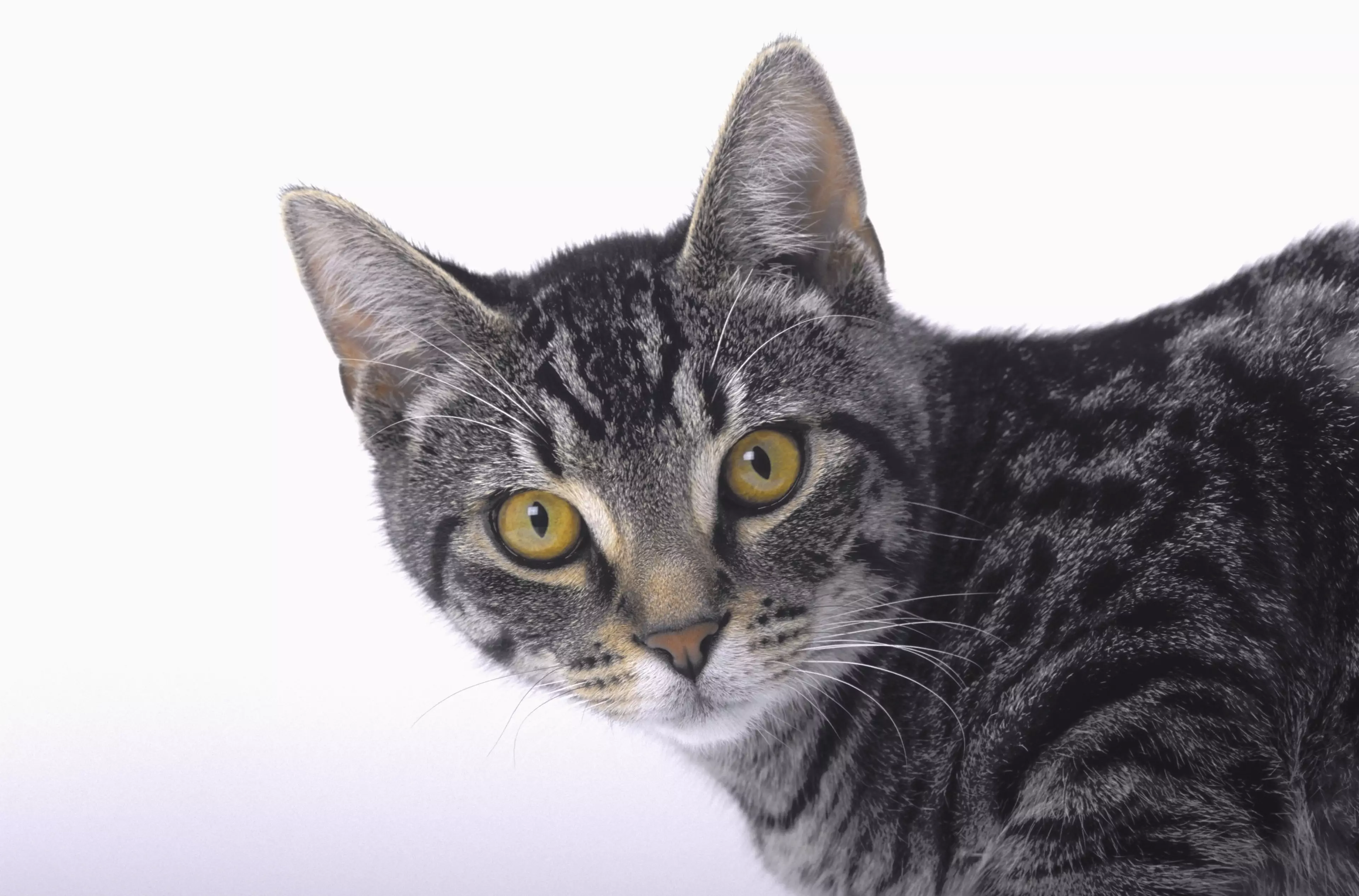
When that protein gets into the system of anyone who is allergic to cats, it triggers a histamine rush because the immune system thinks - wrongly - that it is under attack, therefore begins releasing the chemical.
The upshot of that release of histamine is that the symptoms associated with cat allergies are triggers. That's all of the itchiness, wheezing, the works.
Cat allergies affect half of asthmatic kids, according to charity Allergy UK, meaning that those affected have to take anti-histamines or inhalers to assuage the symptoms.
Oh, and cats end up being forced out of homes and into shelters when it turns out that their owners are allergic. That's no good for anyone.
Anyhow, researchers have been working tirelessly for 10 years to create 'HypoCat' - a vaccine that triggers the cat's own immune system to attack and destroy the Fel-d1 protein.
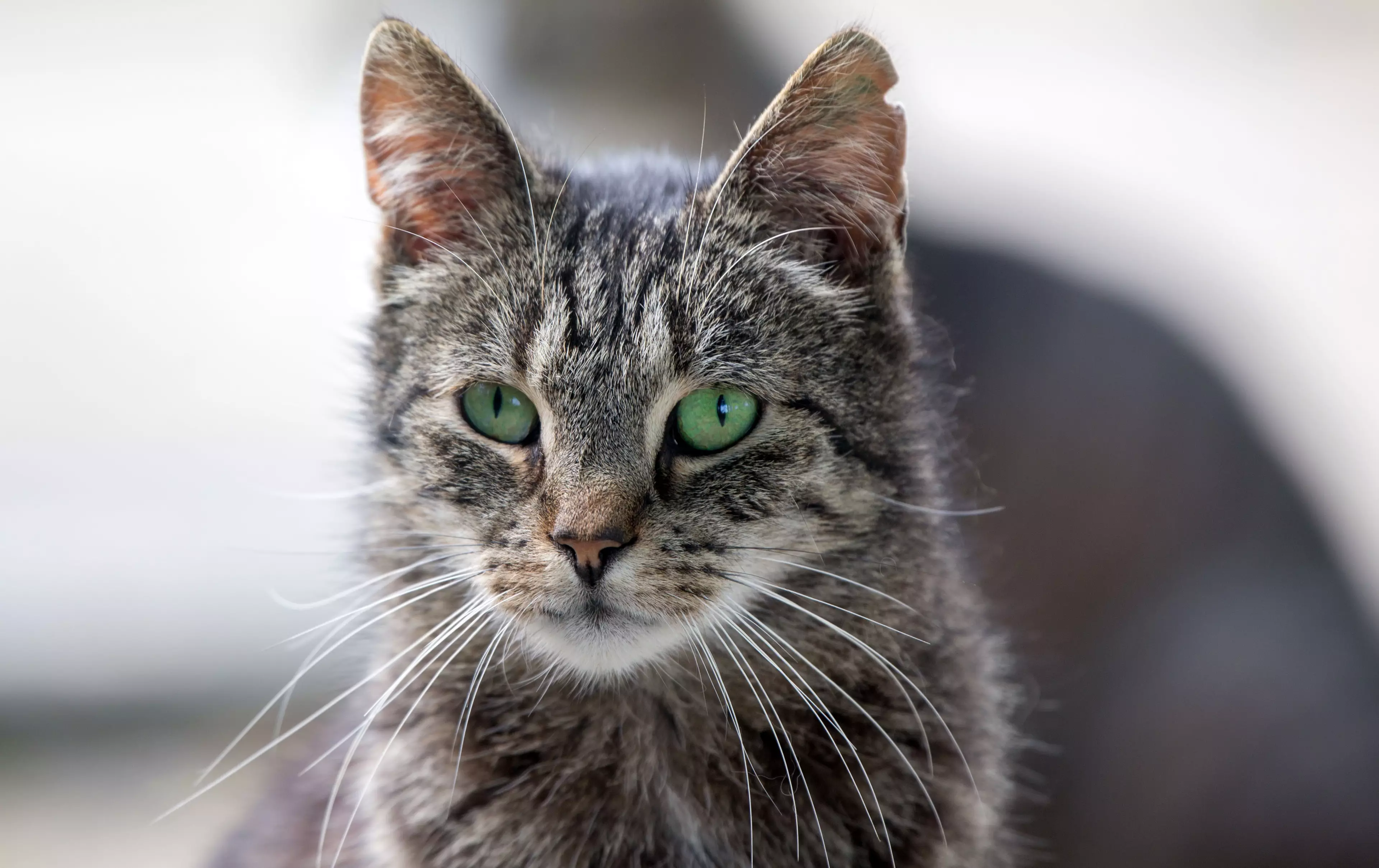
A study, the findings of which were published in the Journal of Allergy and Clinical Immunology, stated that the jab reduced the amount of Fel-d1 protein produced significantly.
Of 54 cats tested at University Hospital Zurich in Switzerland, all saw an increase in the defensive cells required to destroy the protein.
This means that within three years we could see this vaccine available.
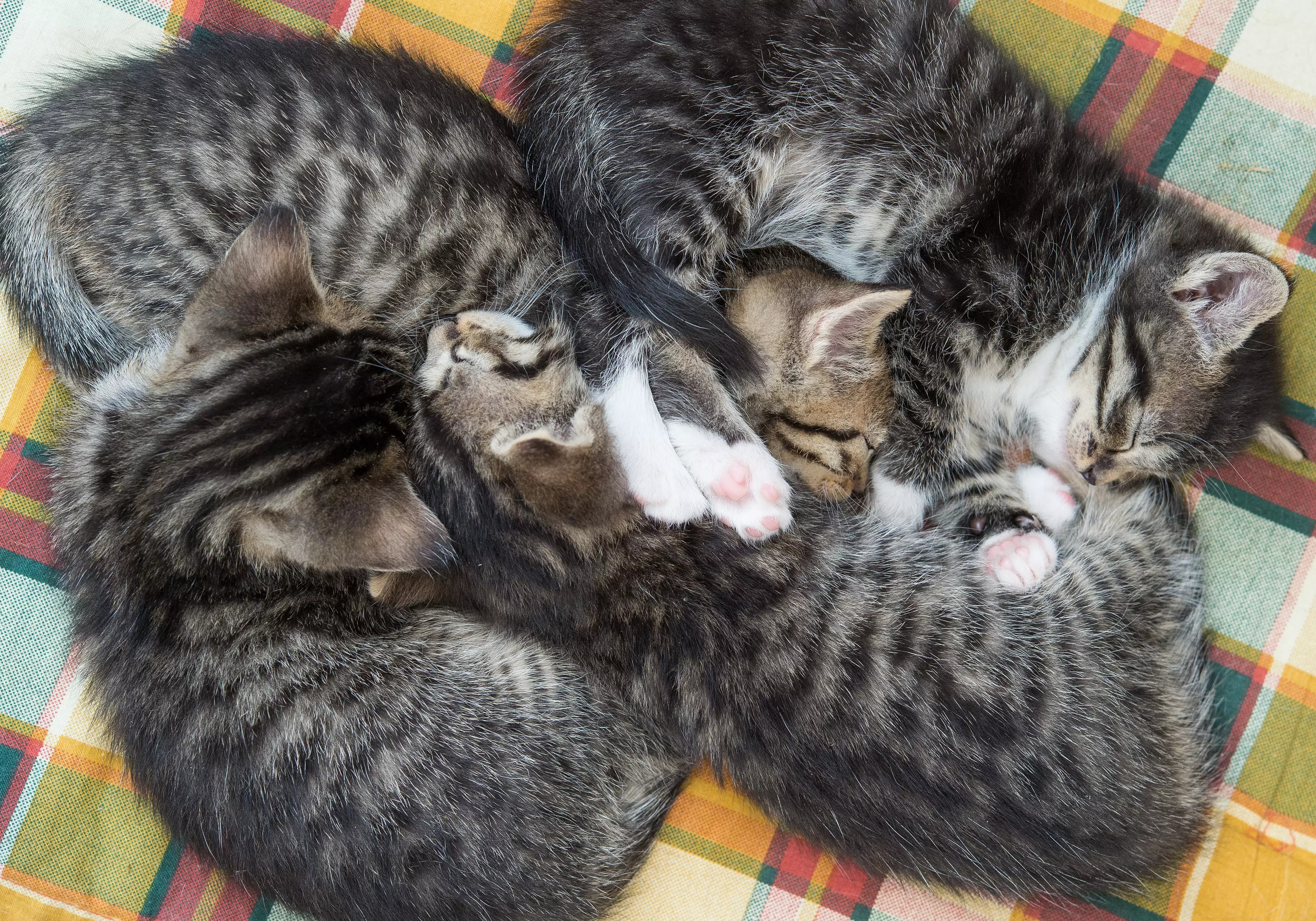
The scientists said: "Both humans and animals could profit from this treatment. Allergic cat owners would reduce their risk of developing chronic diseases, such as asthma.
"Their cats could stay in the households and not need to be relinquished to animal shelters."
We can dream, fellow sneezers. We can only dream.
Featured Image Credit: PATopics: Science, World News, Animals